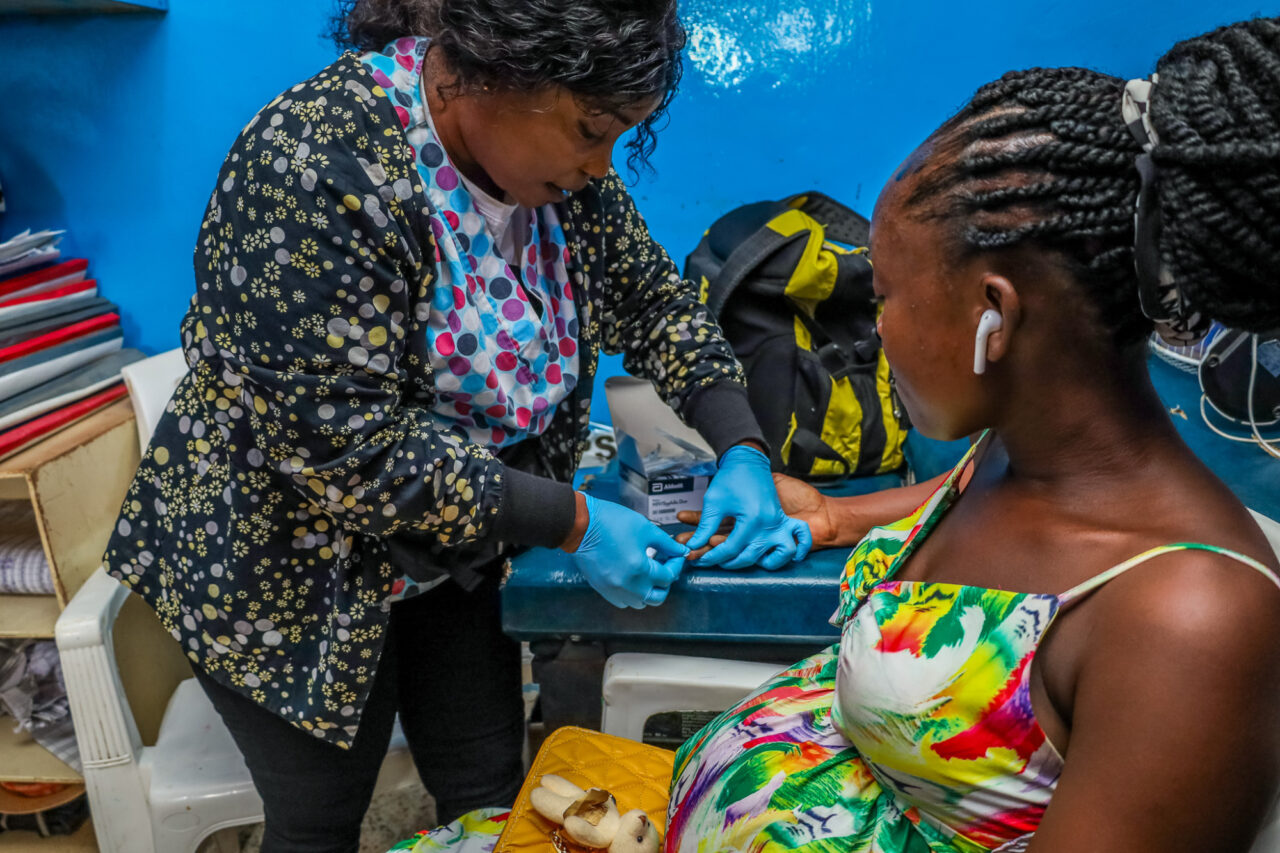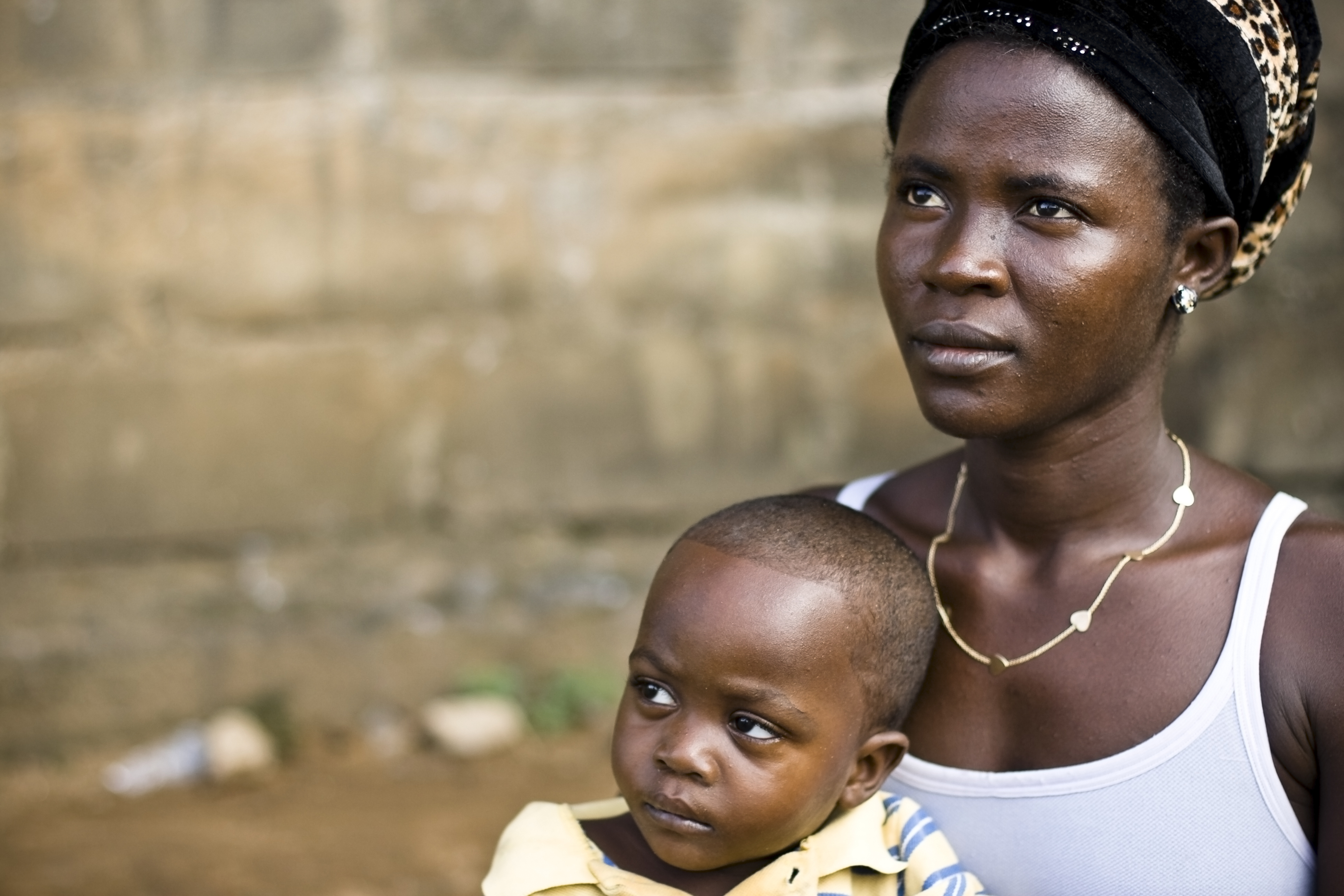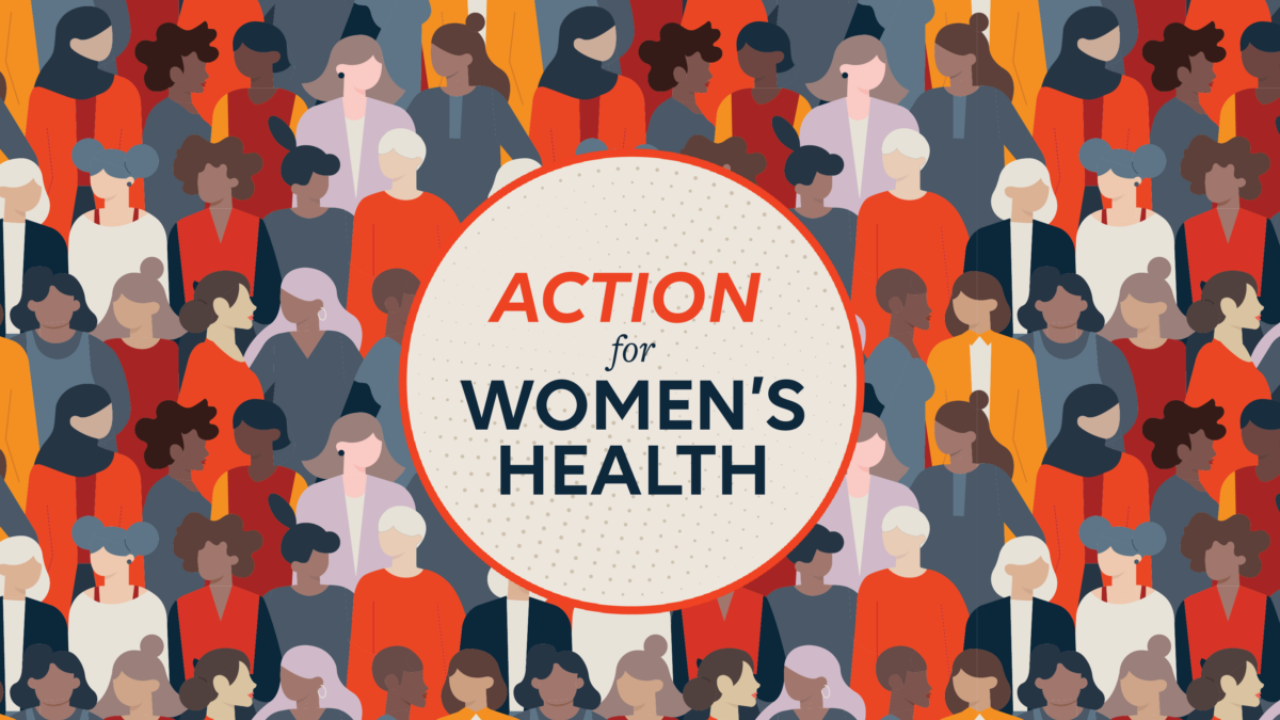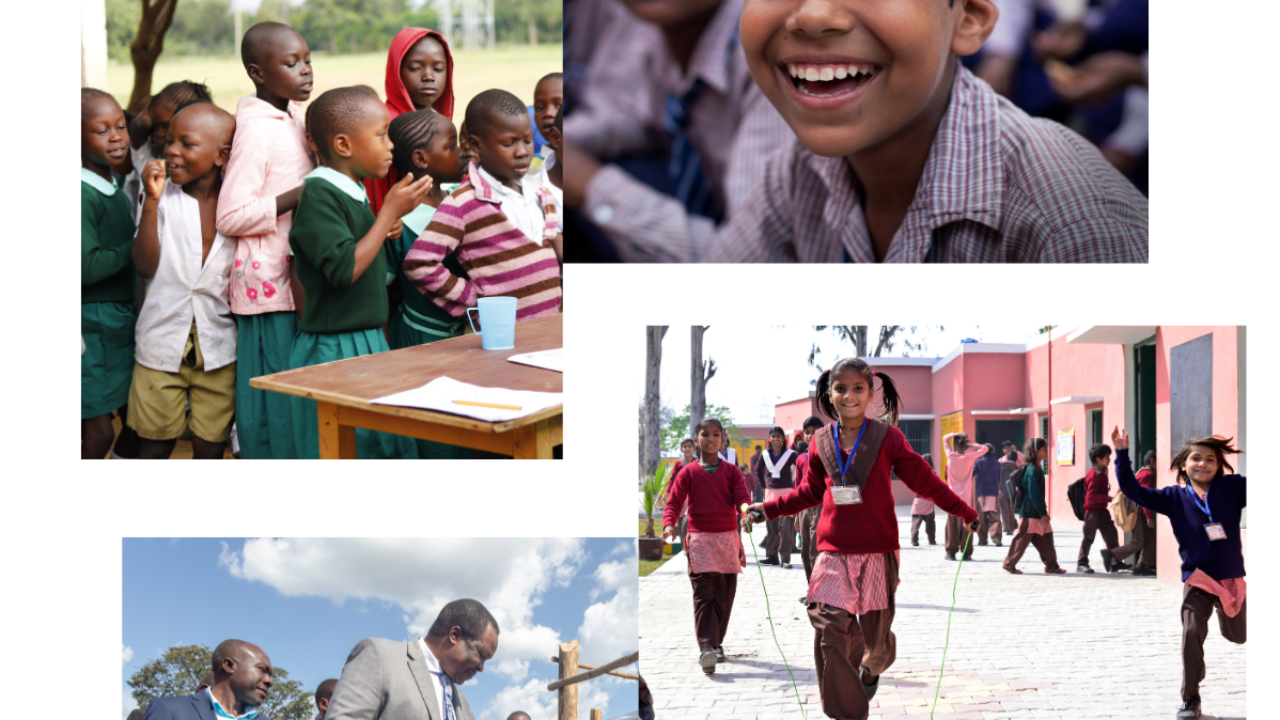Evidence Action is excited to share new data that confirms remarkable results for our Syphilis-Free Start program in Liberia after an ambitious nationwide scale-up in just two and a half years, implemented in partnership with the National AIDS and STI Control Program of the Ministry of Health.
Based on our health facility survey, we estimate that Liberia’s national syphilis screening coverage rate reached 68% in 2023 – an incredible increase from just 7% prior to our support. We also estimate that now 88% of syphilis-positive pregnant women are being treated: last year alone, we estimate this averted 1,200 adverse birth outcomes, including saving the lives of over 650 newborns.
“These results underscore how impactful Syphilis-Free Start has been in helping the Liberian government save newborn lives through improved maternal care.”
She went on to say that, “The speed at which we’ve reached nationwide scale is really quite incredible, and it’s a testament to our strong partnership with the government and their commitment to tackling maternal syphilis.”
Since our launch in Liberia in 2021, we estimate:
- 320,000 pregnant women have been tested
- Over 5,400 additional syphilis-positive pregnant women have been treated
- Over 2,300 adverse birth outcomes have been averted — including over 1,300 lives saved
We launched Syphilis-Free Start in Liberia because the country reported one of the highest maternal syphilis prevalence rates in the world (2.7%). Annually, syphilis caused at least 1,790 stillbirths and prenatal deaths and 940 cases of severe cognitive and physical disability in Liberia. These devastating consequences are entirely preventable — screening can be easily incorporated into prenatal care with a low-cost dual HIV/syphilis test, and syphilis is treatable with a single injection of penicillin.
How we measured syphilis screening and treatment coverage
Our survey of trained health facilities is an integral part of Syphilis-Free Start’s monitoring and evaluation strategy. Conducted every 12-18 months, the survey is the means through which we measure changes in screening and treatment coverage. In other words, it’s how we measure the program’s success and identify gaps for further work with our Ministry of Health partners.
Syphilis-Free Start has trained health care providers - nurses and midwives - on syphilis screening and treatment at 566 health facilities in the country; we selected a random sample of 67 facilities to visit for the survey. During those visits, we interviewed health care providers and analyzed data sources like inventory supply records, patient charts, and monthly reporting forms.
To estimate screening coverage, we multiplied three indicators that directly influence whether a pregnant woman who is seeking prenatal care is tested for syphilis. This approach was used in place of directly observing and/or using existing records of testing, due to challenges in the existing data recording tools used by health facility staff (which we are actively working to address together with the government). The three indicators are:
Availability of HIV/syphilis dual tests (82% of surveyed facilities had non-expired dual tests in stock).
Providers’ knowledge of syphilis testing guidelines (93% of surveyed healthcare providers said they would test for syphilis when providing care for a pregnant woman attending her first prenatal appointment).
Patients’ consent to testing (99% of surveyed health facilities reported that no pregnant women had refused syphilis testing in the last three months).
To estimate treatment coverage, we reviewed patient charts for syphilis-positive pregnant women and extracted data related to treatment status.
While our estimation approaches for both screening and treatment coverage required some assumptions to be made – for example, in the face of unavailable or missing records – we have confidence in both estimates. This confidence is based on related government administrative data, such as monthly facility-reported data on the number of pregnant women tested for syphilis and HIV, and the experiences of government County Health Teams who engage with the trained facilities monthly.
The value of these estimates is seen in how we use this data to inform program refinements. Together with the Ministry of Health, we are using the survey data to highlight persisting gaps and invest in solutions. For example, the most recent survey highlighted the vulnerability of the national supply chain systems, as many more facilities than expected were found stocked out of dual tests and penicillin. As a result, we are further emphasizing the critical nature of the supply chain in engagements between the County Health Teams and trained health facilities and we are collaborating with partners to bolster availability of tests and penicillin.
This year, together with the Ministry of Health, we continue to strengthen the quality and availability of recording tools in Liberia. We are redesigning the recording tools used by health facility staff to ensure all key syphilis indicators are properly captured, and helping the government to ensure the revised tools are available at all trained health facilities. Additionally, as the program continues to expand — we’re scaling up in Cameroon and Zambia this year – our monitoring strategy will evolve to each context we’re working in as we strive toward producing the most robust estimates of syphilis screening and treatment coverage possible.
Syphilis screening and treatment for pregnant women is one of the best buys in global health.




